
Nikk Ogasa is a staff writer who focuses on the physical sciences for Science News, based in Tucson, Arizona. He has a master's degree in geology from McGill University, where he studied how ancient earthquakes helped form large gold deposits. He earned another master's degree in science communication from the University of California, Santa Cruz. His stories have been published in Science, Scientific American, Mongabay and the Mercury News, and he was the summer 2021 science writing intern at Science News.

Trustworthy journalism comes at a price.
Scientists and journalists share a core belief in questioning, observing and verifying to reach the truth. Science News reports on crucial research and discovery across science disciplines. We need your financial support to make it happen – every contribution makes a difference.
All Stories by Nikk Ogasa
-
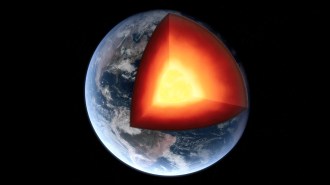 Earth
EarthEarth’s core may hide dozens of oceans of hydrogen
Hydrogen reserves in Earth’s core large enough to supply at least nine oceans may influence processes on the surface today.
-
 Health & Medicine
Health & MedicineTear gas and pepper spray can have lasting health effects
The chemicals are widely used for crowd control, but their long-term health risks are poorly understood.
-
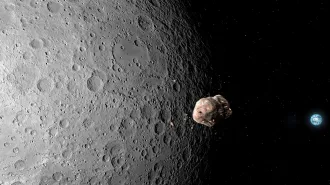 Planetary Science
Planetary ScienceAn asteroid could hit the moon in 2032, scattering debris toward Earth
Researchers are keeping an eye on the building-sized asteroid 2024 YR4, which has a 4 percent chance of hitting the moon seven years from now.
-
 Life
LifeFrom viruses to elephants, nature thrives on tiled patterns
A compilation of 100 examples of biological tilings shows how repeated natural motifs enhance strength, flexibility and other key functions.
-
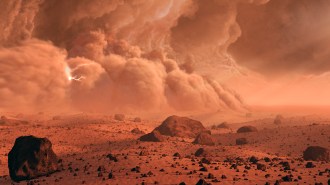 Planetary Science
Planetary ScienceListen to the crackle of Martian ‘mini-lightning’
A microphone on NASA’s Perseverance rover recorded the sounds of electrical discharges generated by dusty gusts.
-
 Oceans
OceansCombining western science with Indigenous knowledge could help the Arctic
Polar marine ecologist Marianne Falardeau investigates how Arctic ecosystems are shifting under climate change.
-
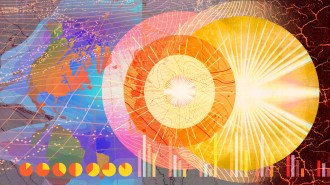 Climate
ClimateLife-saving research on extreme heat comes under fire
The Trump administration’s cuts to heat research come at a time when climate change is making extreme heat waves more common and intense.
-
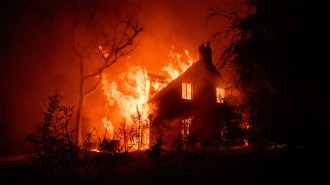 Climate
ClimateAs wildfires worsen, science can help communities avoid destruction
Blazes sparked in wild lands are devastating communities worldwide. The only way to protect them, researchers say, is to re-engineer them.
-
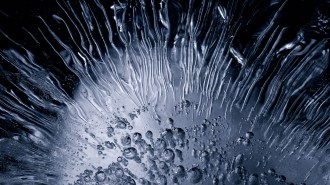 Materials Science
Materials ScienceSalt can turn frozen water into a weak power source
Experiments reveal that when slabs of salty ice are strained, electricity is generated, though practical uses are still a long way off.
-
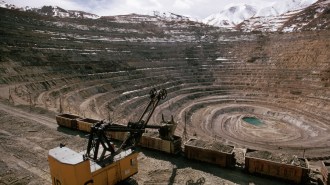 Earth
EarthUseful metals get unearthed in U.S. mines, then they’re tossed
Recovering these metals from mining by-products destined for waste sites could offset the need to import them from elsewhere or open new mines.
- Environment
See how aerosols loft through Earth’s sky
Aerosols, small particles in the atmosphere like salt and dust, may offset a third of human-caused climate warming, though their influence is fading.
- Paleontology
A new species of ‘penis worm’ was discovered in the Grand Canyon
A trove of fossils, including a penis worm with a spiked, invertible throat, suggests this spot may have been a cradle of Cambrian evolution.